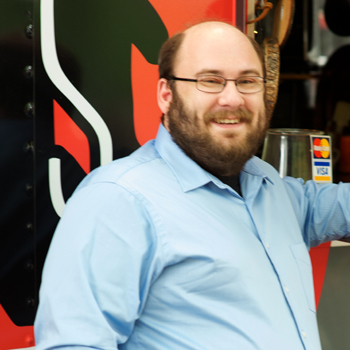© 2009-2023 Strange Loop | Privacy Policy

In the early 4th century, the Roman emperors Diocletian and Constantine looked around their empire, and realized that they had troubles. The crisis of the third century had left the empire broke, with the internal trade network badly disrupted and the currency devalued. With little money to pay troops, and the neighboring people having learned many of the Roman army's tricks, the empire faced a problem: How do you protect an empire with borders as long as the Empire's with fewer and less effective troops?
The answer is interesting, and even more so when you consider how similar this problem is to that of network defense. When it comes to protecting our networks, we are outnumbered, and any technical superiority we may have had is dwindling. Further, while cybersecurity and cyberdefense are hot topics, their popularity is not being matched by an increase in staffing. So, like the Roman Empire, we must figure out how to protect our networks against a well-equipped enemy across a long attack surface using less staff.
In this talk, I'll explain the history and show how we can apply some of the lessons learned: how we can apply the Roman's new, reactive style to better protect our networks, how we can design our systems to better survive in our new environment, and how we can start learning to use the fact that trust is not an all-or-nothing property. I'll even point out one lesson we've overlearned, and why you should definitely start forgetting the Battle of Thermopylae.

Dr. Adam Wick leads Galois's systems software and mobile security team, and was the creator of the HaLVM. In his current role, he has led projects that have used the HaLVM for communications and network security tasks, and has given talks at several Xen Summits, QCons SF, and StrangeLoop about this work. Beyond the HaLVM, Adam has led Galois's investigations into secure operating system design, trustworthy mobile roots of trust, and predictive security for UAVs. He is co-inventor of the CyberChaff network defense project, and has developed several solutions for improving his client's network and communications security. Before Galois, Adam received his Ph.D. from the University of Utah, and his B.S from Indiana University.